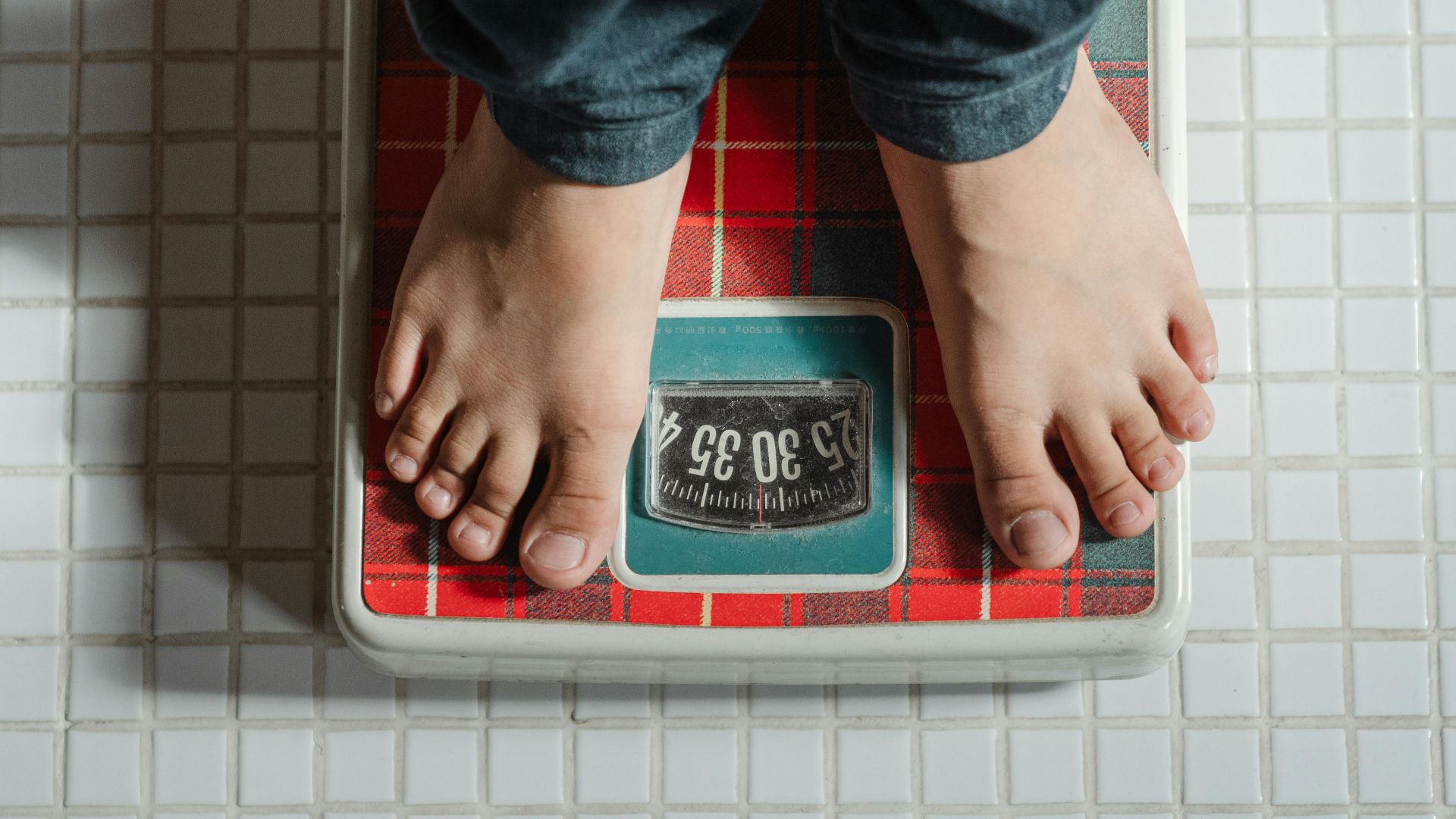Walk It Out
You’ve probably heard people brag about hitting 10,000 steps, like it’s some secret fitness milestone. Truth is, it’s not just about fitness trackers or fancy sneakers—it’s about how a simple daily habit can quietly change your routine. And walking that much might sound intense, but it’s doable once you know how to fit it into everyday life. So, first, here are ten reasons why walking 10,000 steps a day deserves all the hype.
1. Boosts Cardiovascular Endurance
Steady walking builds endurance that keeps your heart strong and resilient. Every stride trains your cardiovascular system to pump blood efficiently while lowering stress on arteries. Over time, it acts like a natural heart tonic—boosting circulation, stabilizing pressure, and lowering the risk of sudden cardiac issues.
2. Helps Regulate Blood Sugar Levels
This daily goal can significantly lower blood glucose and improve glycemic control, supporting healthy blood sugar regulation. Even a step count of at least 7,000 is associated with improved sugar control and lower HbA1c.
3. Supports Healthy Weight Management
Those daily miles torch calories, curb excess fat, and enhance muscle tone without extreme workouts. When paired with a balanced diet, this steady rhythm of movement becomes a sustainable path toward long-term weight maintenance and overall physical balance.
4. Strengthens Bones And Joints
Each step you take strengthens the foundation of your body—your bones and joints. That’s because walking stimulates bone tissue renewal, preserving density and resilience. It’s a gentle, weight-bearing exercise that guards against osteoporosis, particularly in women.
5. Enhances Lung Capacity
Walking regularly trains your lungs to work more efficiently, boosting oxygen flow throughout your body. Over time, it strengthens respiratory muscles, making everyday movement feel easier and your body noticeably more energized.
6. Improves Mood Through Endorphin Release
Don't underestimate the power of a 10,000-step walk. It's a natural mood enhancer, thanks to the release of endorphins during physical activity. But there's more: even a brisk 10-minute walk can spike your energy levels and mental alertness.
7. Reduces Inflammation Markers In The Body
Regular walking offers an easy way to lower inflammation markers like CRP and IL-6. This reduction is linked to a lower risk of chronic diseases, particularly cardiovascular disease. While direct evidence is limited for fewer daily aches and pains, walking regularly undeniably helps reduce chronic inflammation in the body.
8. Promotes Better Sleep Quality
Struggling with sleep? Try walking 10,000 steps a day. It's associated with improved sleep quality and increased sleep duration. Furthermore, it's particularly beneficial for non-exercisers, reducing sleep latency and enhancing their perception of sleep quality.
 Niels from Slaapwijsheid.nl on Pexels
Niels from Slaapwijsheid.nl on Pexels
9. Improves Posture And Gait Mechanics
This exercise regimen strengthens your core and back muscles, which can alleviate the strain and discomfort caused by sitting for extended periods. Additionally, walking with proper form can ward off musculoskeletal problems, a benefit that has earned the endorsement of many physical therapists.
10. Improves Balance And Reduces Fall Risk
Regular walking sharpens coordination and strengthens the muscles that keep you steady. Each step fine-tunes your body’s balance system, reducing the likelihood of slips or falls as you age. Adding side steps or gentle marches boosts stability even more, preventing everyday injuries with ease.
Now, let’s explore ten fun, realistic ways to actually hit that magic number without it feeling like a chore.
1. Schedule Two Dedicated Walking Blocks
Incorporating two dedicated walking blocks into your day is a practical way to accumulate steps. It ensures you're on track to meet the 10,000-step target, equivalent to roughly five miles. Consequently, this approach makes the goal more sustainable and helps establish a regular walking routine.
2. Use A Step-Tracking App
Step-tracking apps are a powerful tool in your quest to walk 10,000 steps a day. They provide immediate feedback, helping you monitor and increase your daily step count. Additionally, these apps can prompt you to move more often, breaking up long stretches of inactivity.
3. Park Farther Away From Entrances
Boost your daily step count by parking farther away from entrances. This effortless adjustment to your routine can add hundreds of steps to your daily total, making the goal more attainable. So, let's turn parking into a stepping stone to better health.
4. Take Phone Calls On The Move
Turn every call into a chance to move. Instead of sitting through long conversations, pace around your room, hallway, or even outside. Those minutes add up quickly, helping you sneak in more activity without changing your schedule.
5. Set Micro-Goals
By breaking your daily step goal into manageable chunks, like 3,000 steps by noon, the journey to 10,000 steps becomes less daunting. This approach of setting micro-goals throughout the day enhances motivation and makes the overall task more achievable.
6. Explore New Walking Routes
Switching up your walking paths can enhance your walking experience and promote regular step accumulation. Moreover, exploring new routes can keep you engaged and support your quest to reach your daily step goal by making walks more intriguing and less monotonous.
7. Walk While Watching TV
Incorporate walking into your entertainment routine to accumulate steps at home. Walking in place during TV shows or while listening to podcasts can add hundreds or even thousands of steps to your daily total. Additionally, it helps break up sedentary behavior, which is linked to health risks.
8. Join A Step Challenge
Consider joining a step challenge with friends or coworkers. It's a fun way to inject friendly competition into your routine, often resulting in surprising increases in daily step counts. Group step challenges also add a layer of accountability, helping you stay committed to reaching your daily goals.
9. Use Stairs Instead Of Elevators
Opt for stairs over elevators to effortlessly add to your daily step count and reach your 10,000-step target more efficiently. This simple change increases your physical activity and burns more calories than walking on a normal flat surface.
10. Gamify Your Steps
Using milestone rewards for step goals can significantly enhance your motivation. This could be as simple as rewarding yourself with small treats or investing in new workout gear. Additionally, many step-tracking apps offer virtual badges or trophies, further encouraging you to reach your goal.
KEEP ON READING

20 Natural Ways You Can Boost Your Immune System

20 Ways To De-stress & Relax After Work

The 10 Most Common Diseases & The 10 Most Rare
























